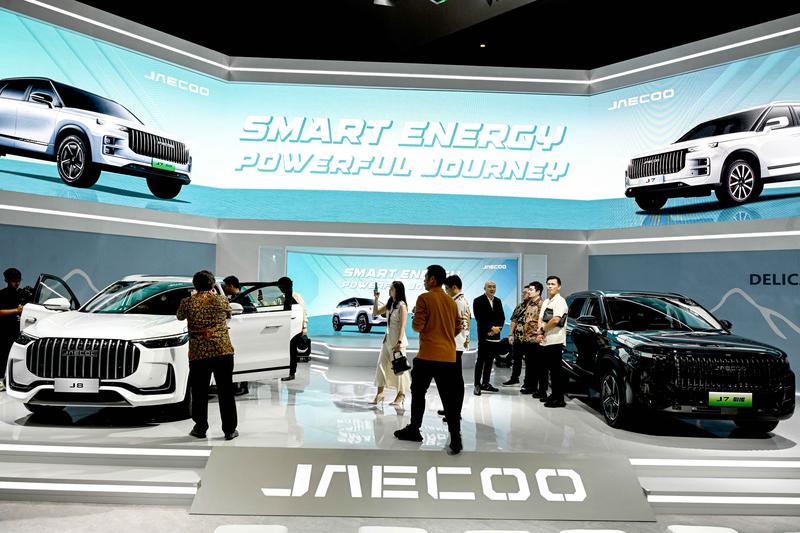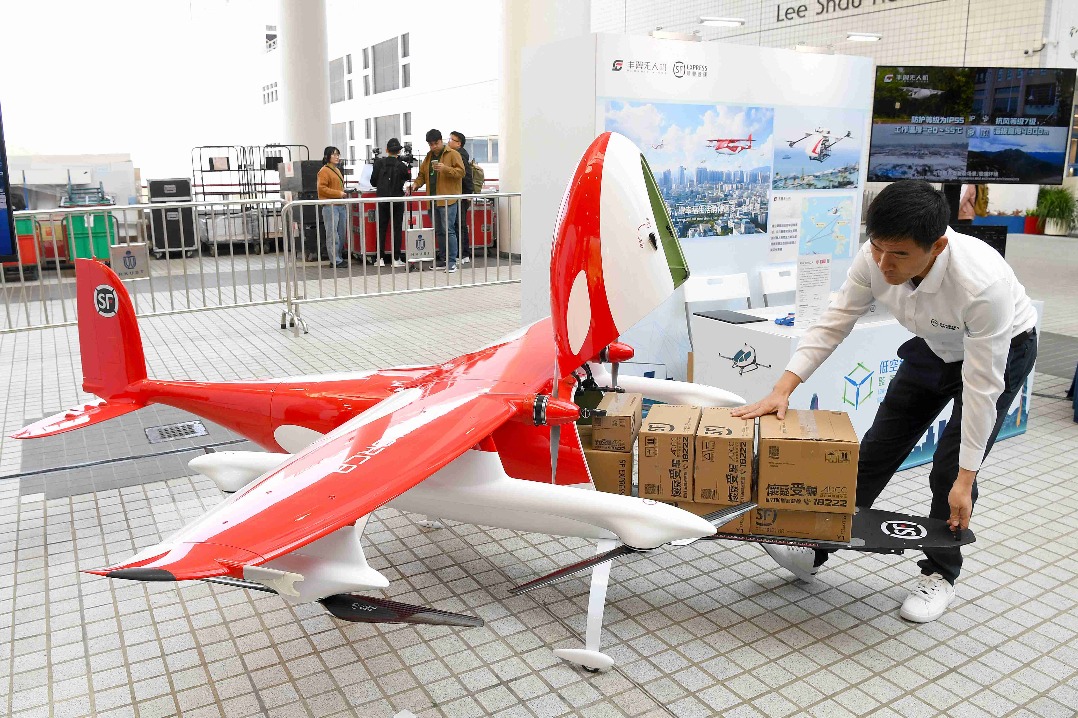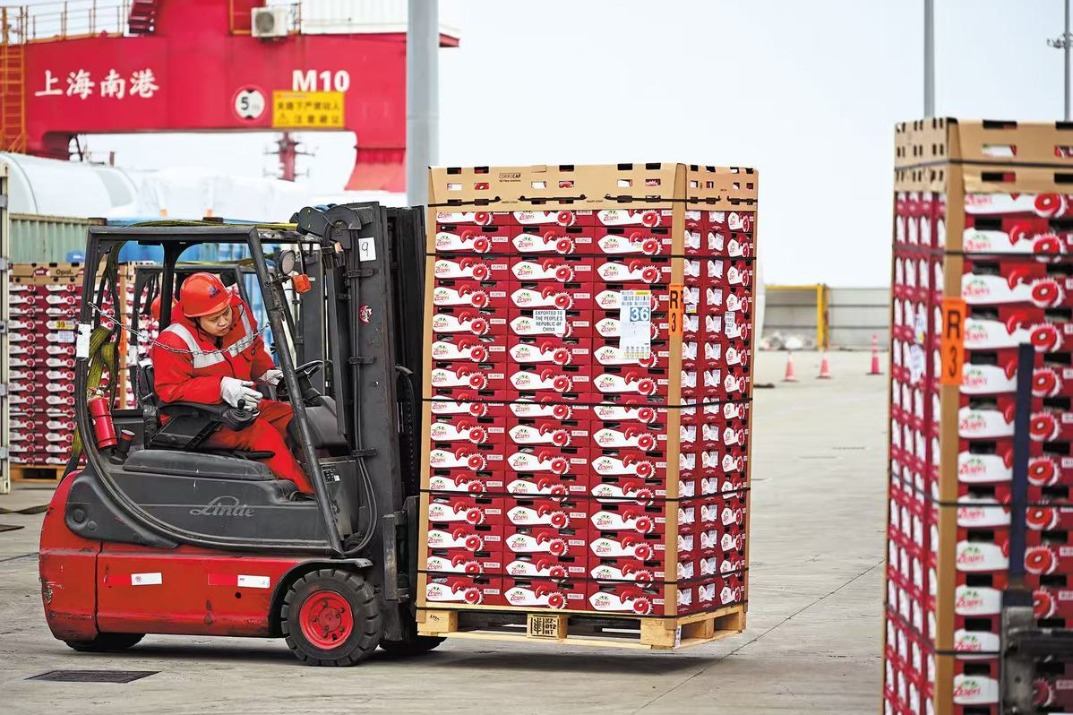Auto revolution: Consumers behind wheel, automakers best buckle up


The roar from China's auto market isn't just the sound of engines — it's the collective voice of increasingly empowered motorists, rewriting the rules of engagement for automakers worldwide. For decades, the playbook was simple: establish a brand, offer a competitive price and watch the sales roll in. But those days are long gone. China is now a dynamic arena where consumer requirements for technology, personalization and practicality are shaping the future of the auto sector. And if you aren't paying attention, you're already falling behind.
Price isn't everything
Forget the price wars. For years, the narrative revolved around affordability, with automakers slashing prices to capture market share. But that era is fading. Our latest research shows that as household incomes rise, consumers are more willing to pay for leading innovative technologies. They want cutting-edge features like advanced driver-assistance systems, sophisticated infotainment, seamless connectivity and other cutting-edge bells and whistles. Price still matters, but it's no longer the deciding factor.
Homegrown brands rise
Foreign brands that dominated the internal combustion engine era are struggling to maintain their edge. At the same time, Chinese automakers are rising, investing heavily in electric vehicle technology and tailoring their offerings to local preferences. These homegrown brands are not just building cars, they are also building brands that resonate with a new generation of Chinese drivers. Their agility and innovation are gaining significant market share, forcing foreign automakers to rethink their strategies. The rise of these domestic brands is a clear indication that the future of the automotive industry in China is being shaped by local innovation and consumer-driven design.
Practicality over idealism
While the initial excitement around electric vehicles was high, Chinese consumers are now taking a more pragmatic approach. While battery electric vehicles still hold appeal, particularly in major urban centers, consumers are increasingly drawn to plug-in hybrid electric vehicles and range extended electric vehicle. Some BEV owners are considering switching back to ICE vehicles, and the proportion of such owners is increasing. However, PHEVs and REEVs are becoming increasingly popular due to their more convenient charging and their ability to alleviate range anxiety.
This shift highlights a crucial point: Chinese consumers are not driven by pure technological idealism. They want practical solutions that address their real-world needs. Charging anxiety is a significant concern in a country with a rapidly developing but still uneven charging infrastructure. PHEVs and REEVs offer a compelling compromise, providing the benefits of electric driving without the limitations of a BEV. Automakers who ignore this trend risk being left behind. The future isn't just electric, it's practicality.
Personalization is key
Chinese consumers want cars that are tailored to their individual needs and lifestyles. They demand customized functions, such as advanced ADAS and smartphone integration for city dwellers, spacious interiors and enhanced safety features for families. An adventurous individual might prioritize off-road capabilities and a rugged design. The wave of technological democratization that has emerged with the spread of intelligent technologies is driving "scenario-based "applications, making it crucial for automakers to create specifically tailored experiences. This means shifting from a product-centric to a customer-centric approach, thus putting the motorist at the heart of every decision, from design and engineering to marketing and sales.
Cultural sensitivity matters
Understanding Chinese consumers also means understanding their values and cultural nuances. Chinese consumers are increasingly proud of their culture and heritage, and they want to support brands that reflect those values. This means that automakers must be culturally sensitive and avoid any missteps that could alienate their target audience.
The future of China's auto market, and potentially the global auto market, hinges on the ability of automakers to adapt to the changing needs and demands of Chinese consumers. It's a testing ground for new ideas and technologies, where automakers are experimenting and pushing boundaries. The lessons learned in China will have a profound impact on the global automotive industry, shaping the cars of the future and redefining the way we think about transportation.
Those who cling to the old playbook will be left behind. Those who embrace innovation, personalization and a customer-centric approach will thrive. Chinese consumers are driving, and automakers better buckle up. The ride is going to be wild and transformative. The question is: are you ready?
The views do not necessarily reflect those of China Daily.
The writer is senior partner and leader of McKinsey's automotive practice in China, McKinsey & Company.




































